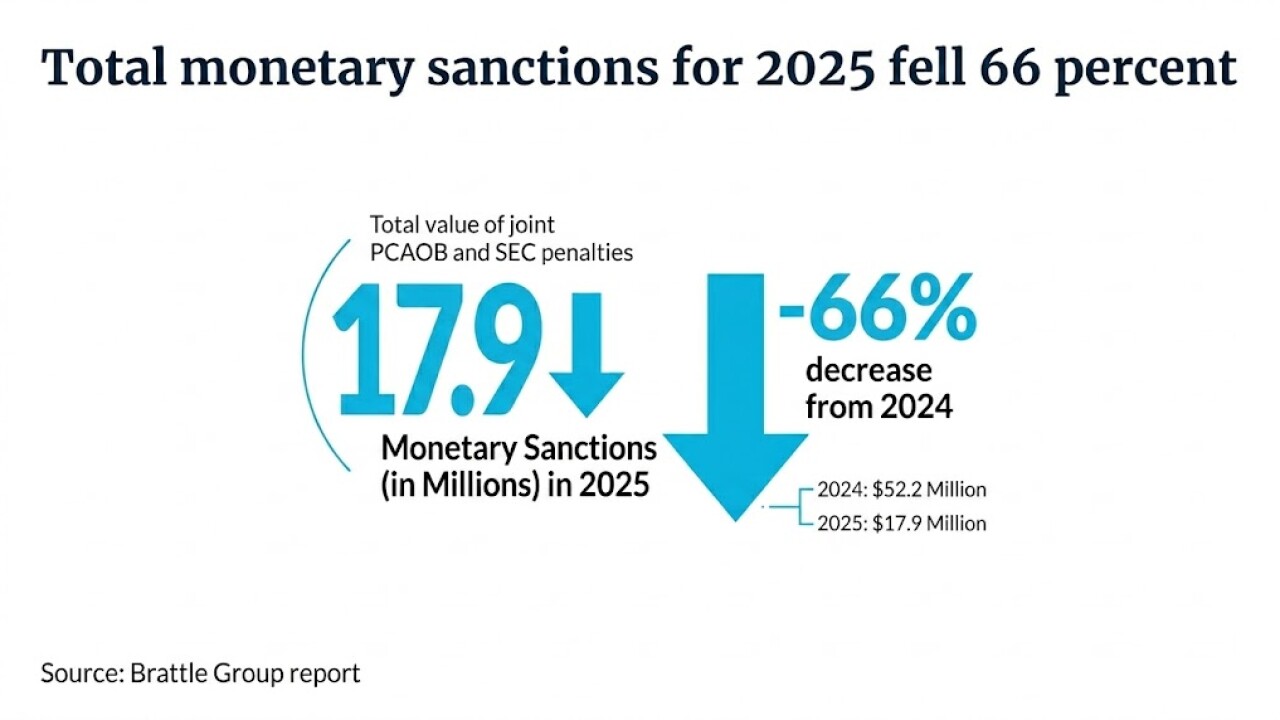The Internal Revenue Service warned U.S. taxpayers Monday that if they are hiding income in undisclosed offshore accounts, time is running out for them to take advantage of its second Offshore Voluntary Disclosure Initiative, which will expire on Aug. 31, 2011.
Taxpayers who come forward voluntarily will be able to get a better deal than those who wait for the IRS to find their undisclosed accounts and income, the IRS warned. New foreign account reporting requirements will be phased in over the next few years, making it more difficult to hide income in offshore accounts. The IRS is continuing to focus on banks and bankers worldwide that help U.S. taxpayers hide assets overseas, with recent efforts launched against Credit Suisse and HSBC.
“The time has come to get back into compliance with the U.S. tax system, because the risks of hiding money offshore keeps going up,” said IRS Commissioner Doug Shulman in a statement. “Our goal is to get people back into the system. The second voluntary initiative gives people a fair way to resolve their tax problems.”
The 2011 OVDI was announced on Feb. 8, 2011, and follows on the heels of a similar program that expired in 2009. The 2011 initiative offers benefits to encourage taxpayers to come forward rather than risk detection by the IRS, but has stiffer penalties than the program in 2009. However, taxpayers who continue to hide assets offshore and do not come forward will face far higher penalties along with potential criminal charges.
For the 2011 initiative, a new penalty framework requires individuals to pay a penalty of 25 percent of the amount in the foreign bank accounts in the year with the highest aggregate account balance covering the 2003 to 2010 time period. Some taxpayers will be eligible for 5 or 12.5 percent penalties under certain narrow circumstances, however.
Under the program, participants also must pay back-taxes and interest for up to eight years in addition to accuracy-related and/or delinquency penalties. All original and amended tax returns also must be filed by the deadline.
The IRS is providing information on the program in eight foreign languages to help taxpayers whose primary language may not be English. Translations include the following languages: Chinese (
The IRS's decision to open a second special disclosure initiative was based on the success of the first program. Many taxpayers continued to come forward after the program closed on Oct. 15, 2009 asking for help, particularly after the IRS and the Justice Department reached an agreement with the Swiss government to provide the names of approximately 4,450 UBS account holders. When the first special disclosure initiative program closed, approximately 15,000 voluntary disclosures had been made of accounts in banks in more than 60 countries. Many taxpayers who came in after the first program closed were deemed eligible to take advantage of the special provisions of the second initiative.
Further details about the offshore disclosure initiative are available in a series of





